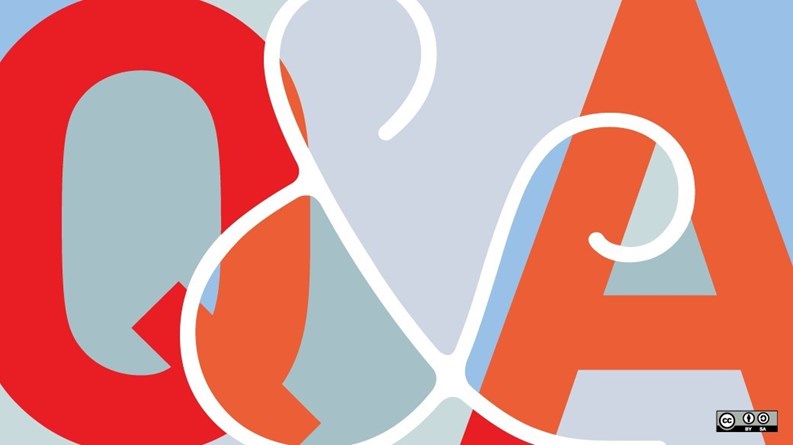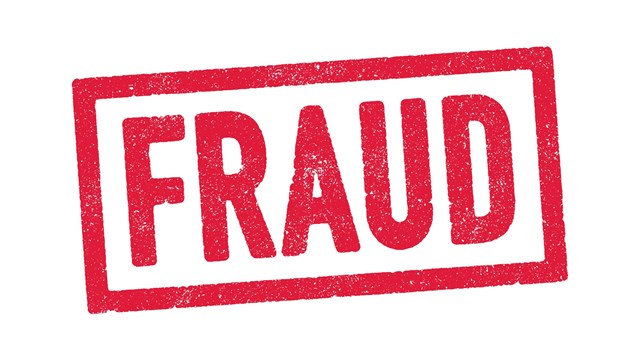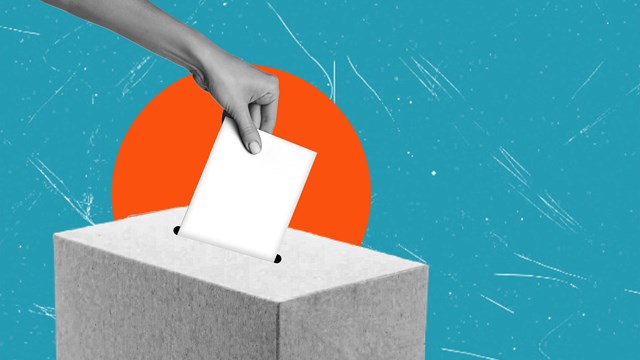—Concerned Unit Owner
“The monthly association dues which you pay are necessary for the maintenance and repair of the common areas of the complex in which your unit is situated as well as the hiring of staff to manage and maintain the property. Most of these items are fixed (as opposed to discretionary) costs which must be paid regardless of the board’s success in collecting association dues. Since each owner possesses an undivided percentage interest in the common areas together with his or her fellow owners, all owners are theoretically accountable for any deficit in the operating budget.
“A factor which may underlie your association’s deficit is more the product of the current economic downturn than the business acumen of your board. Owners who are currently delinquent in paying their association dues are likely in default of their mortgages. Since under such circumstances it is unlikely that the sums owing will be recovered by the association, the deficit in the operating budget will remain until a new owner purchases the unit. As the gap in the operating budget must still be resolved, the proverbial buck will likely be passed to the remaining owners.
“You should be aware that the decisions of the board are protected by the so-called 'business judgment rule.' To challenge your board’s decision to increase association dues to meet any operating deficit, you would need to establish that the board acted outside the scope of its authority, that it acted in bad faith, or that its actions were not undertaken in furtherance of the welfare of your condominium. In defense of its decision, the board would likely show that it considered the issue (i.e. how to cover the financial shortfall), that its decision was based upon relevant facts (i.e. unpaid association dues and the operating deficit), that it acted within the scope of its authority (i.e. pursuant to the governing documents which authorize it to adopt a budget, and set the amount of and collect common charges/dues) and that it acted in furtherance of the association’s purpose (i.e. the increased dues were used for association-related expenses). And on that showing, a court would decide in the association’s favor.”
n







Leave a Comment